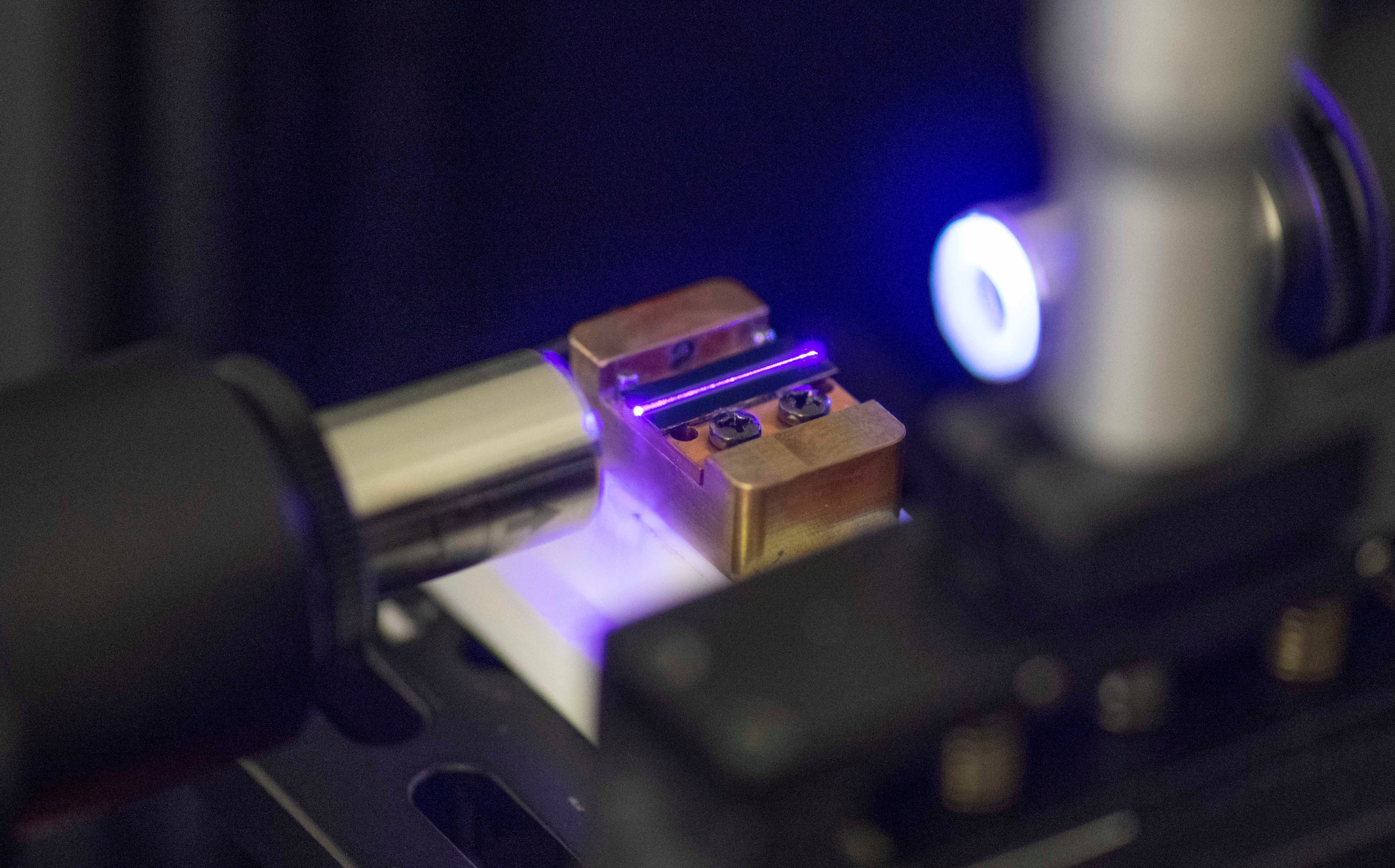Major breakthrough could soon allow us to actually use quantum computers, scientists say

Quantum computers might soon actually be useful, researchers have said after a new breakthrough.
A new study showed that a quantum computer could be used for calculations that are beyond the capabilities of our current best classical – or non-quantum – computers.
It means that the technology could soon be useful in practical applications, the researchers suggest.
For years, quantum computing experts have been hopeful that the technology could allow for entirely new kinds of calculations, which might be useful across battery research, medicines and more. But the current versions are given to a host of problems, including the fact that they are prone to errors, which disturb the quantum bits.
Quantum computers need to be able to fix those errors more quickly than they accumulate. But even the best quantum computers have struggled to do so, meaning that practical use of the technology has remained beyond our grasp.
New research from IBM showed that those errors could be mitigated, however, and a quantum computer could be used in ways that a classical computer could not. As such, the results “herald further opportunities for quantum processors to emulate physical systems that are far beyond the reach of conventional computers”, scientists away from the research say.
The team used an IBM quantum processor, named “Eagle” and made up of 127 superconducting qubits – to simulate complex physical processes. They then compared those simulations with work on done on advanced classical computers.
They found that as the scale of the model increased, the quantum computer stayed accurate. The classical computer, on the other hand, eventually lost its way and could not keep up.
“This is the first time we have seen quantum computers accurately model a physical system in nature beyond leading classical approaches,” said Darío Gil, senior vice president and director of IBM Research.
“To us, this milestone is a significant step in proving that today’s quantum computers are capable, scientific tools that can be used to model problems that are extremely difficult – and perhaps impossible – for classical systems, signaling that we are now entering a new era of utility for quantum computing.”
Unlike many other similar breakthroughs – which focus on the extra speed that a quantum computer can provide – this new research focuses on the scale of the computer. Researchers used more 127 qubits, the equivalent of bits on a classical computer, to do research that classical computers do not have enough memory for.
Other similar research that has passed so-called quantum supremacy, such as work that arose from Google and was published in 2019, involved tests that were specifically designed for that purpose. But the new research as done by simulating the dynamics of a system that might actually be useful to scientists.
The breakthrough is described in a new paper, ‘Evidence for the use of quantum computing before fault tolerance’, published in Nature today.
Subscribe to Independent Premium to bookmark this article
Want to bookmark your favourite articles and stories to read or reference later? Start your Independent Premium subscription today.

Join our commenting forum
Join thought-provoking conversations, follow other Independent readers and see their replies